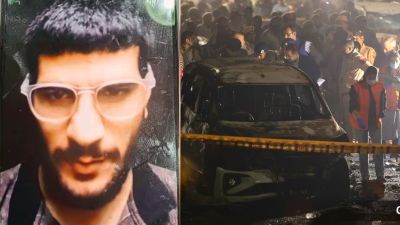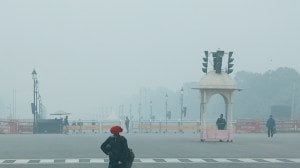Stalemate in Syria
The failure of the recent ceasefire confirms that the international community waited too long to act
Instead of providing a respite from the violence,the latest ceasefire between President Bashar al-Assad and his opponents witnessed incessant fighting and left more than 500 dead in four days,including the Syrian air force commander,General Abdullah Mahmoud al-Khalidi. By one estimate,this spate of attacks takes the death toll above 35,000 since the rebellion first broke out in March 2011,and points to the glaring failure of the international community to stop the humanitarian crisis. The UN-Arab League envoy,Lakhdar Brahimi,has expressed regret at the failed ceasefire and urged Russia and China to help broker a political solution,but both Assad and the armed insurgents seem beyond negotiation.
The international community seems to have thrown up its hands in despair: Ankara has lost hope in dialogue with Damascus,Washington is overstretched with the looming presidential election and now Hurricane Sandy,Moscow and Beijing have blocked the UN Security Council from imposing sanctions against Assad and the Arab League has failed to take decisive action. The crisis has pushed Lebanon to the brink of its own war,with the assassination of General Wissam al-Hassan on October 19,exacerbating regional instability. The number of refugees in neighbouring Jordan,Lebanon,Turkey and Iraq is likely to exceed 7 million by the end of this year,further demonstrating the extent to which the conflict has spilled beyond Syrias borders.
Syria is in the throes of a bloody civil war between a ruler who shows no sign of relinquishing control and armed rebel forces that refuse to succumb to his brutal regime. Even if the international community through the UNSC or otherwise is able to stop the violence,the political instability that will ensue is likely to have devastating consequences for years ahead. The time for the world to respond to Syria came many months ago but that moment was lost. Now,the imperative to stem the bloodshed is increasingly urgent.



- 01
- 02
- 03
- 04
- 05




























